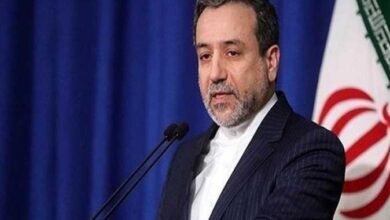South Sudanese secession will negatively impact Egypt’s share of Nile flow over the long term due to an expected hike in US and Israeli assistance likely to bolster South Sudanese power, according to Cairo University's Abbas Sheraqi.
Khaled Abdallah, literature professor at the International University of Africa in Khartoum, warned that South Sudan may opt to join upstream riparian countries in their endeavor to re-distribute Nile flow in the face of opposition from Cairo and Khartoum.
In May, five Nile basin countries–Uganda, Rwanda, Tanzania, Ethiopia and Kenya–signed the Entebbe agreement, an accord that seeks to deliver a greater portion of Nile flow to upstream nations.
Amany al-Taweel, expert at Al-Ahram Center for Political and Strategic Studies, said logistical support provided by the international community, particularly the US, to the Sudan People's Liberation Movement (SPLA), would potentially strengthen the new state’s decision-making capacity. In turn, South Sudan would ensure US investments in oil and developmental fields, al-Taweel added.
Al-Taweel said Israel would support South Sudan in security and military affairs. Israeli strategic interests encourage southern unity and defense of its Nile-sharing interests, al-Taweel clarified at the recent Sudanese-Egyptian Relations Conference, held at Cairo University.
Al-Taweel spoke during a session entitled “Water Perspective in Case of the South Separation.”
“Southerners don’t have reasons to be hostile toward Israel," al-Taweel said. "The Arab-Israeli conflict doesn’t directly concern them.”
Israel's influence in the region will jeopardize Egyptian efforts to enhance cooperation with South Sudan, al-Taweel added.
Sudan boasts significant water resources through rainfall, surface water and aquifers, according to Sheraqi. Renewable surface water is estimated at 149 billion meters square annually, 80 percent of which arrives from upstream countries, while 20 percent is secured through rainfall.
Ground water repositories are estimated at six billion square meters annually, provided largely by the Nubian Sandstone Aquifer located in North Sudan, which covers 28 percent of the country. The Umm Rawaba Aquifer, located in south-central Sudan, also holds a significant amount of water.
Sheraqi said the Sudanese use less than 1.2 billion meters square of ground water annually.
Translated from the Arabic Edition.




